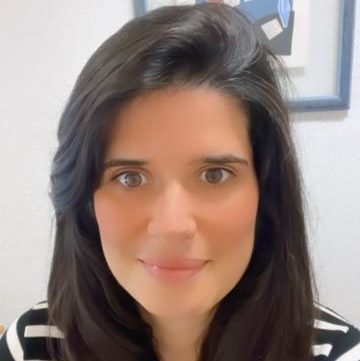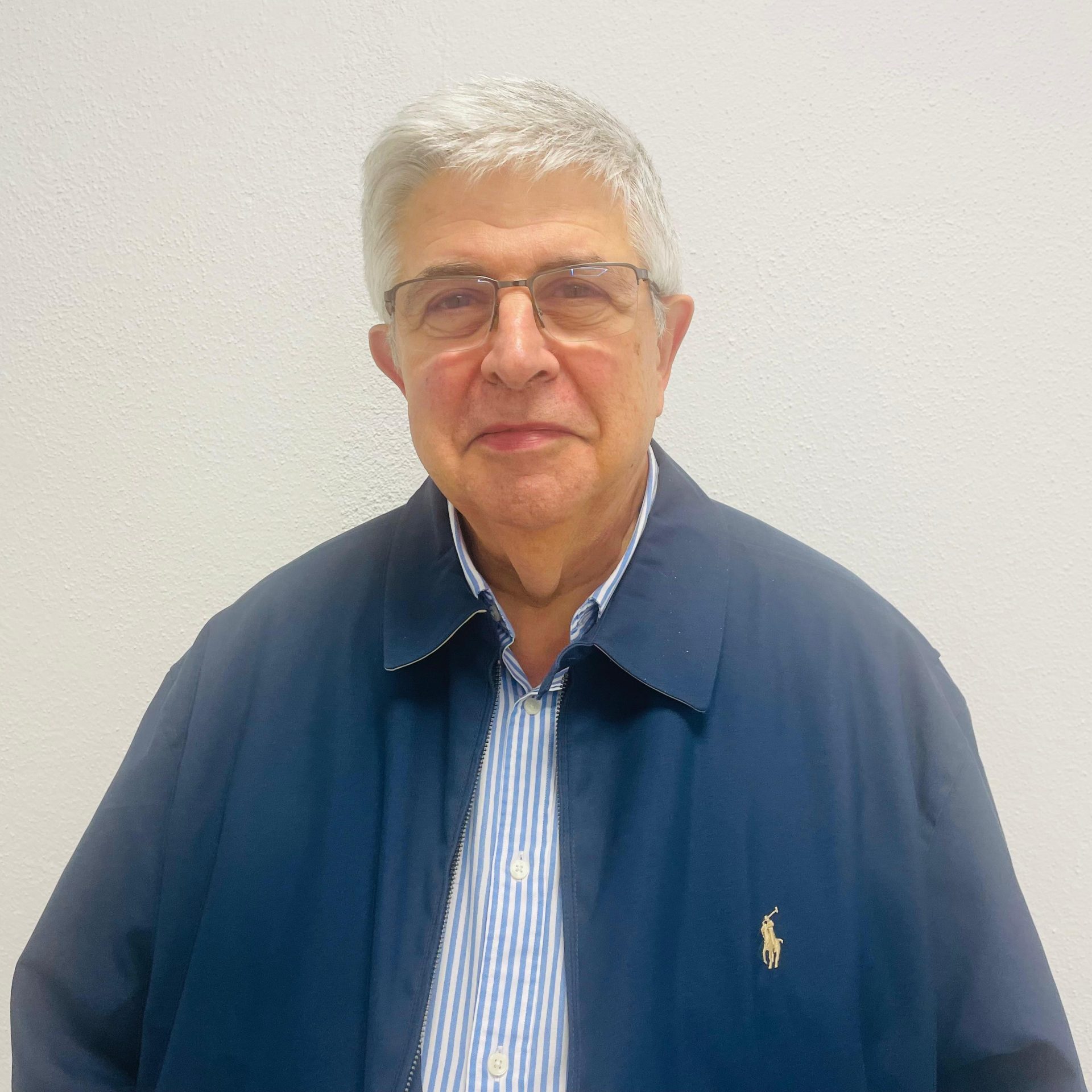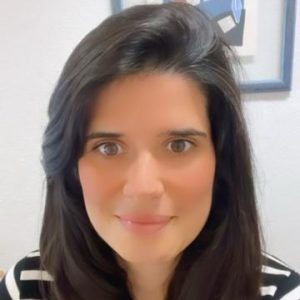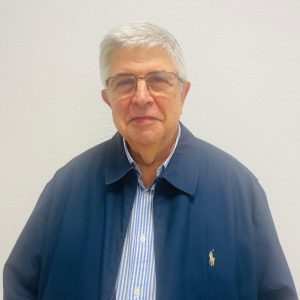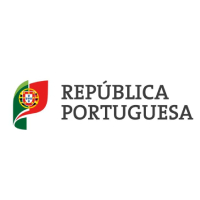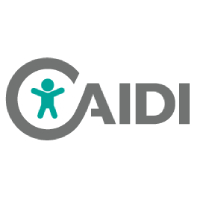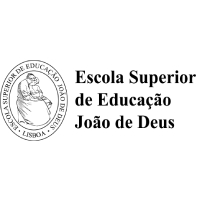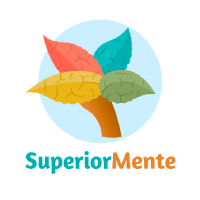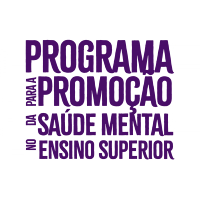Área Ciêntifica
Evaluation Strategies

The various assessment moments and types are vital in learning, going well beyond a final certification. They guide students’ efforts, consolidate learning and give meaning to teaching goals.
Good assessment is therefore one of the most demanding responsibilities of teaching in higher education, based on clear criteria, pedagogical coherence and adaptation to the context.
This program proposes a practical and reflective approach to assessment strategies, combining theoretical background and its application in real teaching contexts. Throughout four missions, participants will be challenged to develop a personal and grounded understanding of assessment, explore various tools and methodologies, and integrate AI in a critical and responsible manner, creating an assessment plan that aligns with the learning outcomes and principles of equity, reliability, and ethics.
More than offering answers, this program invites you to think of assessment as a demanding, situated and evolving practice.
Taking advantage of this training program allows participants to:
- Describe different assessment perspectives in a teaching-learning context, critically evaluate them and build a personal opinion of them.
- Combine different tools, moments, and agents to develop effective assessment approaches tailored to students’ learning outcomes.
- Frame the use of generative AI by students in assessment activities through methods and tools that not only neutralise their fraudulent use but also enhance learning.
- Use generative AI to improve their assessment efficiency and effectiveness.
- Identify and comply with applicable ethical principles in assessment, namely regarding the use of generative AI.
- Plan and schedule an assessment program for a semester course that combines the various assessment tools and techniques discussed.
Develop a personal development plan as an assessing educator.
The program is online, spanning 4 weeks and divided into 4 missions, utilising the flipped classroom model to illustrate the application of the class. It encompasses moments of theoretical analysis, practical application and personal development, in a logical progression.
The missions are objective-oriented, meaning they include an initial set of activities to be carried out in asynchronous mode, which culminates in submitting a project related to the mission and immediately applicable in each participant's teaching context.
According to the flipped classroom model, the end of each mission includes an online synchronous session lasting approximately 2 hours, during which projects are presented and discussed, studied topics are further explored, and any questions or issues are addressed and clarified.
Higher education teachers
MODULES
Mission 1: Introduction: Why do we need assessment?
Basic concepts: Summative and formative, diagnosis, embedded assessment. Aaawaaing learning from individual and organisational perspectives. Types of learning and types of assessment.
Mission 2: Approaches, tools and agents
Assessment in active and participatory methodologies. Importance of learning outcomes in assessment. Tool inventory and critical discussion. Assessment stakeholders. Objectivity, reliability and equity: difficulties and approaches.
Mission 3: AI opportunities and threats
Dealing with generative artificial intelligence (GAI) in assessment: challenges, restriction strategies vs. use strategies. AI, creativity and critical thinking. AI as an Assessment Tool: Potentials, Limits, and Transparency.
Mission 4: Planning the assessment: objectives and moments
Assessment biases, heuristics and impartiality. General principles of ethically responsible assessment (in particular in the case of AI usage). Assessment repetition techniques and alternation to reinforce learning. Structure of an integrated semester assessment plan.

